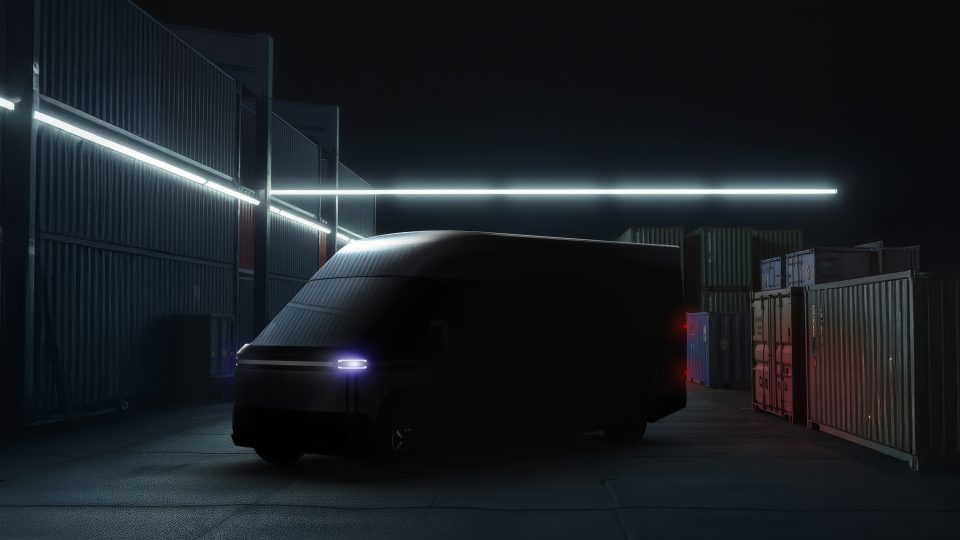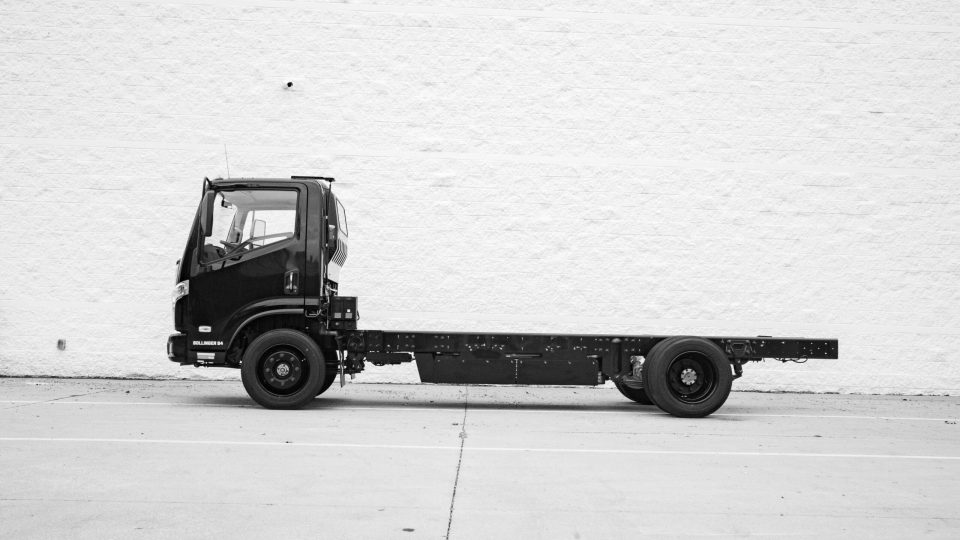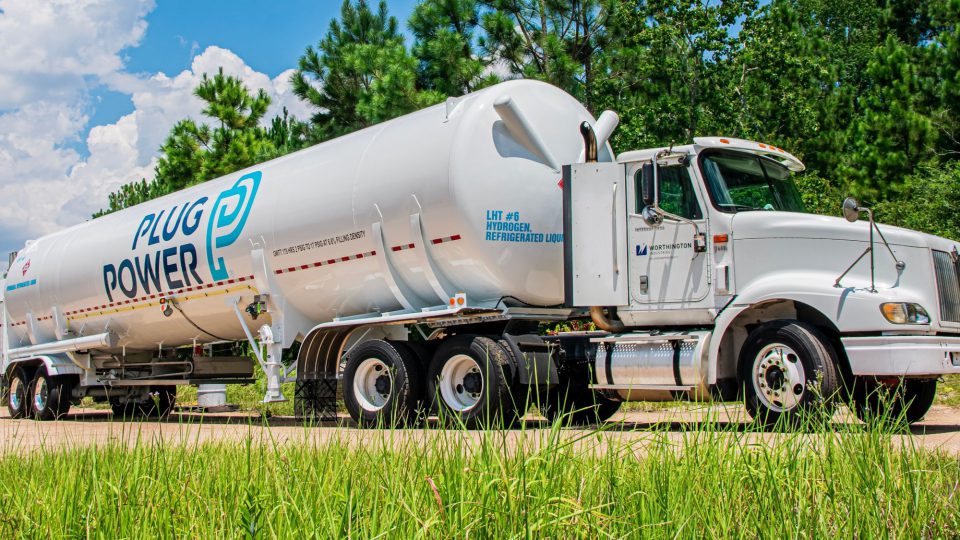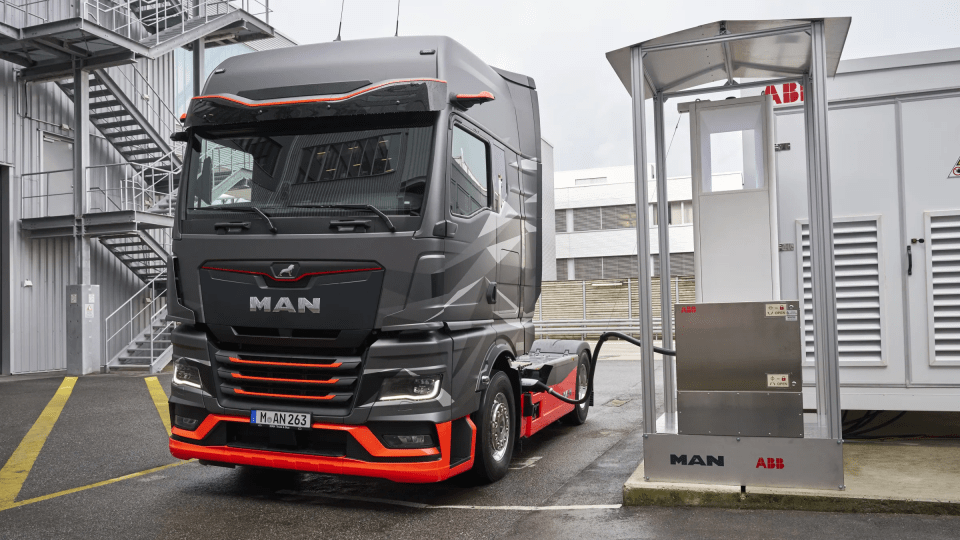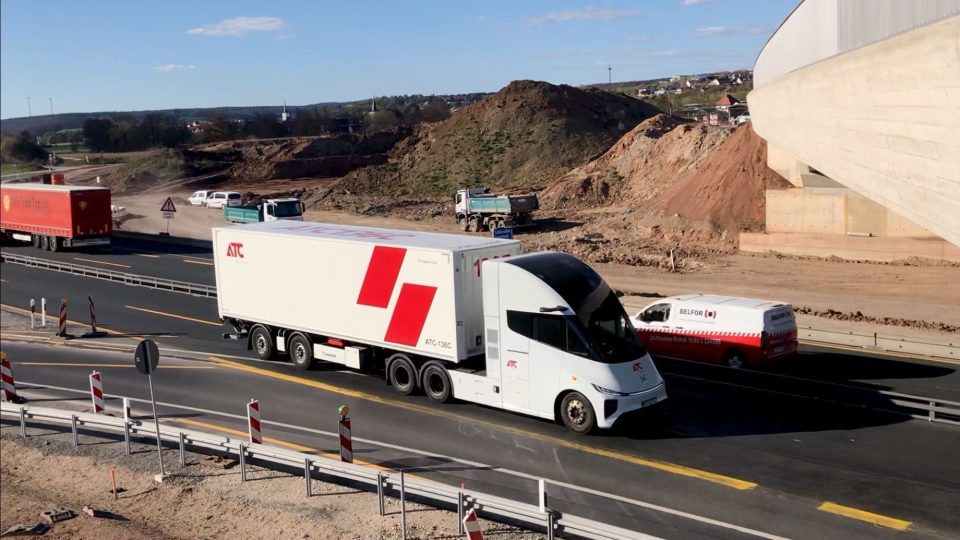Volvo is running towards zero emissions by creating a broad and virtuous network
Volvo Group is involved in fossil free initiative together with Swedish player Ovako, building Sweden’s largest fossil-free hydrogen facility. The promotion of electric supply chain transports is the main target of another collaboration established by Volvo Trucks towards the zero emissions target, the one with DFDS, Northern Europe's largest shipping and logistics company. Also, Volvo Car Group intends to establish a joint venture with Northvolt in order to develop and produce more sustainable batteries.
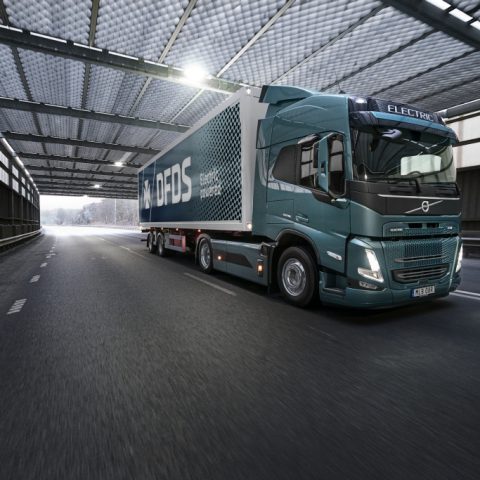
Volvo Group is increasingly devoting its attention towards zero emissions technologies and solutions. It is true for car passengers but also for heavy-duty vehicles. The Swedish giant is indeed promoting some important partnerships and collaborations with players in different sectors and areas of interest. Let’s try to summarize here some of the newly-announced projects.
Volvo towards zero emissions: looking at hydrogen with Ovako
Starting from hydrogen, then. After the establishment of cellcentric together with Daimler Truck, Volvo Group is involved in fossil free initiative together with Swedish player Ovako, building Sweden’s largest fossil-free hydrogen facility in cooperation with several key actors in Swedish and Norwegian industry. The goal is to greatly reduce CO2 emissions, develop local industrial hydrogen production, and take the first step towards a future hydrogen infrastructure for the transport sector.
With the new hydrogen plant in Hofors, Ovako will be the first in the world to heat steel with hydrogen prior to rolling and is the next major step towards climate-neutral steel production. The technical solution will also enable large-scale and cost-effective production of hydrogen for applications like fossil-free freight using fuel-cell trucks. With installations at multiple locations, this could enable a network with locally produced fossil-free hydrogen available for the transport sector.
The initiative is also supported by the Swedish Energy Agency, with the shared goal of establishing industry-wide use of fossil-free hydrogen, expanding awareness of the potential of this fuel, and achieving cost-effective production. A filling station for hydrogen-powered heavy vehicles is intended to be built beside the hydrogen plant.
DFDS in view of electric supply chain transports
The promotion of electric supply chain transports is the main target of another collaboration established by Volvo Trucks towards the zero emissions target, the one with DFDS, Northern Europe’s largest shipping and logistics company. As a first step, DFDS will operate an all-electric truck to deliver parts to the Volvo truck factory near Gothenburg. Initially it will operate over a total distance of 120 kilometers per day.
To future-proof its investment, DFDS decided to build the most powerful charging station on the market at its home depot in Gothenburg, with a capacity of 350 kW. «We are in the beginning of our e-mobility journey and understand that charging capacity is important. The learning experience with Volvo will be valuable when ramping up, allowing us to evaluate vehicle battery capacity based on routes and individual assignments», commented Niklas Andersson, Executive Vice President & Head of DFDS’ Logistics Division.
Volvo Car Group in partnership with Northvolt
From trucks to cars, let’s mention once again a primary player like Northvolt, specializing in battery manufacturing and located in Sweden (here a post about the investments made by Volkswagen).
Volvo Car Group intends to establish a joint venture with Northvolt in order to develop and produce more sustainable batteries, tailored to power the next generation of pure electric Volvo and Polestar cars. As a first step for the 50/50 joint venture, Volvo Car Group and Northvolt aim to set up a research and development centre in Sweden that will begin operations next year, in 2022.
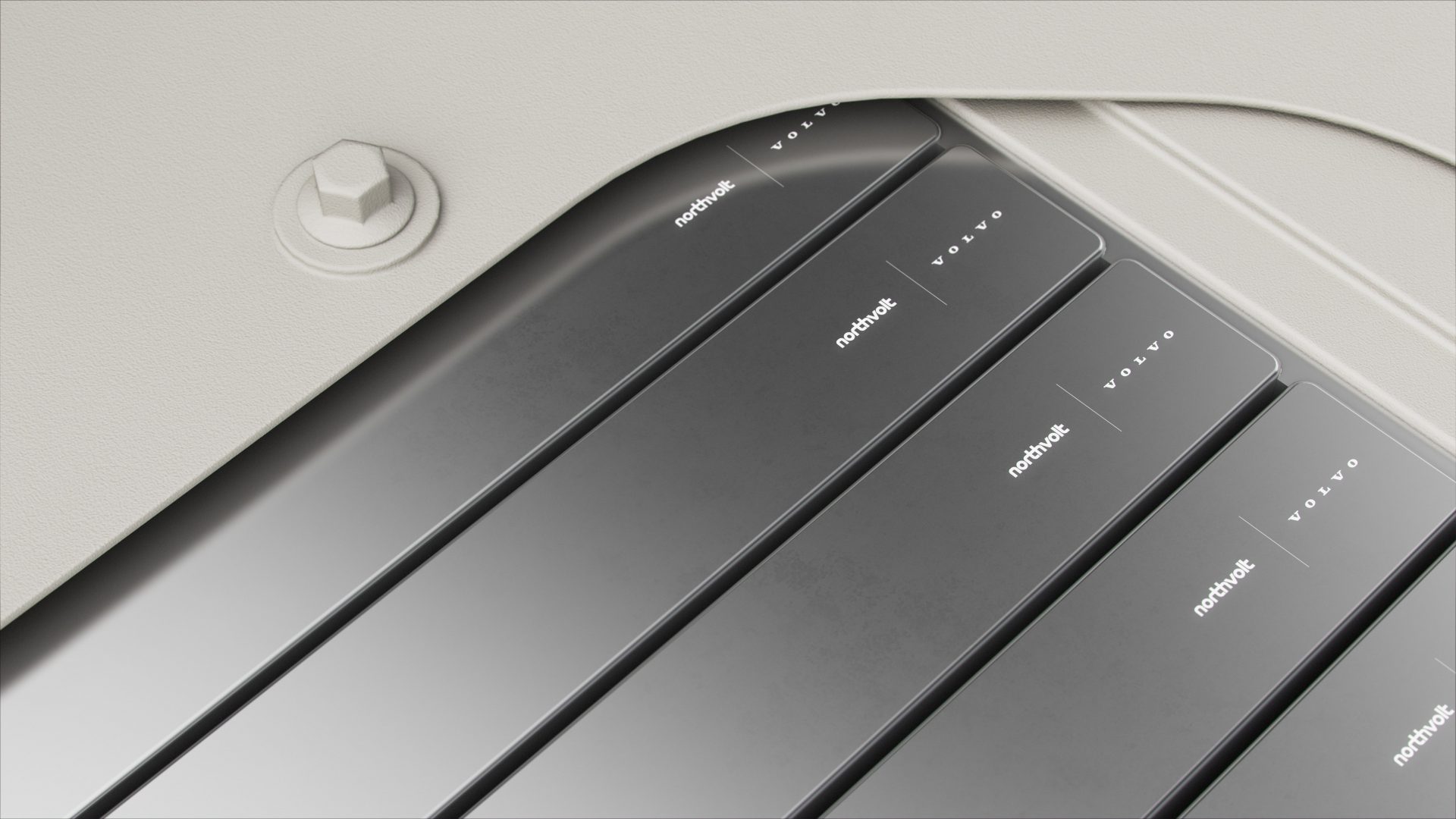
The centre is intended to build on the battery expertise within both companies and develop next-generation, state-of-the-art battery cells and vehicle integration technologies, specifically developed for use in Volvo and Polestar cars.
The planned joint venture will also establish a new gigafactory in Europe with a potential capacity of up to 50 gigawatt hours (GWh) per year, by 2026. «By working with Northvolt we will secure a supply of high-quality, more sustainable battery cells for our pure electric cars», said Håkan Samuelsson, Chief Executive at Volvo Car Group.
Expansion of Vehicle Propulsion Lab (VPL) in the US
Last but not least, the Volvo Group has recently announced a 33 million USD expansion of its powertrain R&D site in Hagerstown, Maryland (US) for the construction of a new, state-of-the-art Vehicle Propulsion Lab (VPL). It will be the first facility in North America to allow comprehensive testing of current and future products for Volvo Trucks, Mack Trucks, Prevost and Volvo Bus to meet evolving government regulations and ensure high performance on the diverse North American roadways.
At final construction, the VPL will be more than 3,300 square meters, two-stories high and connected to the existing engine development lab on the Hagerstown campus. It’s been 15 years since the current lab went into operation, which involved a 40 million USD investment at the time. Since then, the company has spent an additional 12 USDmillion upgrading the test cells, a portion of which was used to enable the creation of electricity regeneration when operating the dyno tests.




